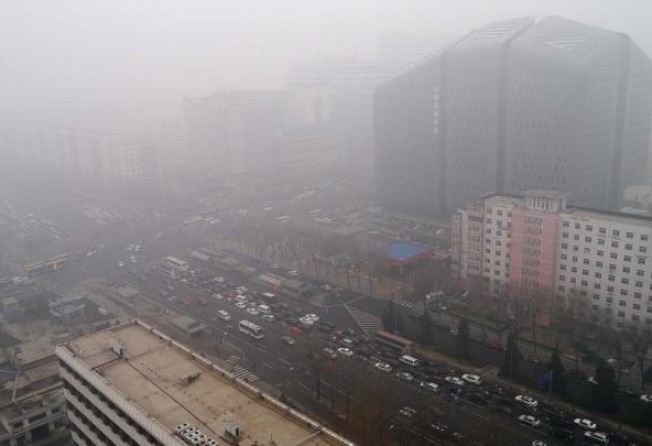
The puzzle of China's growing wealth and falling happiness
While people feel more insecure with state companies no longer providing jobs for life, their desire for more also makes them miserable

Economics is well named the dismal science. Only a bunch of real misery-guts could quarrel quite so intensely about happiness.
According to one cohort, happiness - or life satisfaction, or subjective well-being as economists prefer to call it - goes hand in hand with material wealth.
They point to the results of a batch of international surveys, which show that on the whole people who live in rich countries consider themselves happier than the inhabitants of poorer countries.
This, say the materially minded, is clear evidence that money can go a long way towards buying happiness.
Nonsense, retort their colleagues on the other side of the economic fence.
This second lot accept that by and large the surveys do indeed show that the citizens of countries that enjoy a relatively high gross domestic product per head profess themselves happier with life than their counterparts in places with a low GDP per capita.
But, they maintain, that doesn't mean the inhabitants of a poor country will necessarily get any less gloomy as their economy gets richer.
Correlations that hold across different countries at a single point in time don't necessarily apply to a single country over an extended period, they argue.
The example the doubters offer is China. Never before in history has the economy of any large country grown so much so quickly.
As the chart shows, an average annual growth rate of more than 9 per cent means that GDP per head has leapt sixfold in real terms over the past 20 years.
So, if a rising GDP per capita really does spread happiness, then the joy ought to show up in China if it shows up anywhere.
But a look at some three dozen surveys conducted since 1990 by five different polling organisations, each asking urban Chinese how satisfied they are with their lot, paints a different picture.
Putting the results together shows a clear decline in happiness over the 1990s, with satisfaction levels bottoming out around 2003 and picking up only modestly since.
As a result, despite a pace of growth unprecedented in history, urban Chinese rate themselves no happier today than they did 20 years ago.
The material wealth crowd aren't entirely dismayed by these results. The data is far from perfect, and there are some good reasons why the increase in China's GDP per capita isn't likely to be reflected clearly in happiness levels.
For one thing, much of the increase in China's income has been captured by the state and the corporate sector, and hasn't been shared with the people. As a result, household incomes haven't risen nearly as fast as GDP per capita.
Even so, household incomes have climbed about fourfold over the past 20 years, but those gains still aren't reflected by a greater sense of well-being.
Next, income inequality has increased massively. This trend does show up, with high-income groups today professing themselves considerably happier with life than their poorer compatriots. As a result, it's not just income inequality that's widened in China over recent years. A happiness gap has appeared, too.
But even that doesn't explain the decline in satisfaction levels between 1990 and the middle of the past decade.
Richard Easterlin at the University of Southern California suggests a couple of other reasons why happiness in China hasn't kept pace with wealth generation.
One major cause of misery, he argues, was the dismantling in the 1990s of the old state-enterprise-supported social welfare system. With state companies no longer providing jobs for life, complete with housing, health care and pensions, employees experienced a sharp rise in their sense of insecurity, which is only now dissipating.
But perhaps the biggest factor at work here is more subtle. Easterlin notes that although the incomes of ordinary people have grown rapidly in real terms, incomes haven't grown nearly as fast as aspirations.
In short, although people have far more today than they had 20 years ago, they are far more conscious of what they don't have, and that's making them miserable.
So, in a conclusion worthy of the most dismal of disciplines, it seems more wealth may not buy greater happiness after all, because the more you have, the more you want.
How sad.